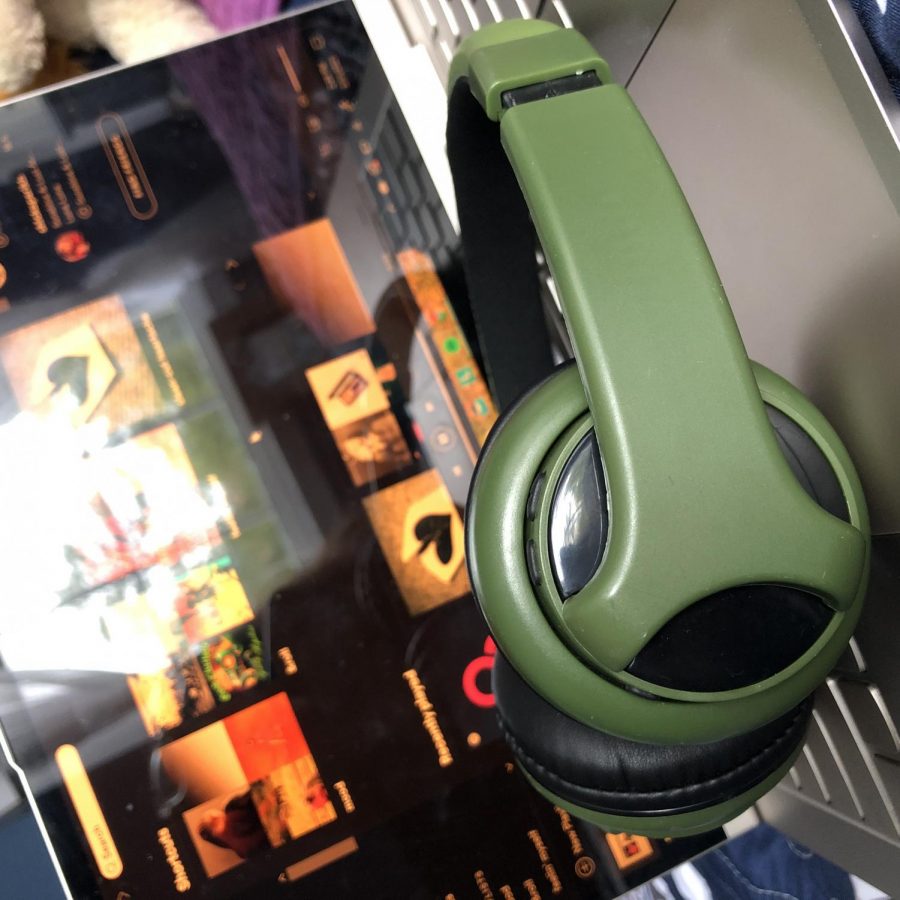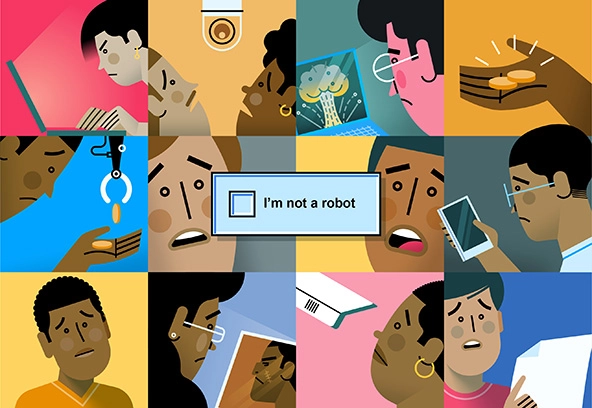How Music Affects Your Confidence
It’s easy to make playlists on Spotify if you sign in on a computer.
Let’s talk music. Everyone knows chart-toppers like Conan Grey’s “Heather” and Olivia Rodrigo’s “Driver’s License.” We’ve heard them a thousand times as they took platforms like TikTok and Spotify by storm. Both songs were stuck in my head on more than one occasion. In each song, the artists sing about not being good enough for someone else. “Why would you ever kiss me?/I’m not even half as pretty,” and “she’s everything I’m insecure about” are both powerful lines. However, when you repeat negative messages to yourself, even if it’s just lyrics to a song, you’ll find yourself starting to believe them.
This is known as the illusory truth effect. This concept is something that advertisers and politicians are very familiar with. In short, the idea is that even when you know something isn’t true, if you hear it enough times, you’ll start to believe it. This connects to the trending theory of manifestation, where if you repeat something enough, you’ll facilitate its occurrence. Remember how we said that both of those catchy songs are about not being enough? Every time you get a song like that stuck in your head, you’re repeating its message to yourself. You’re giving the illusory truth effect the ground it needs to make you believe that you are not enough. That being said, this doesn’t mean that you can never listen to a sad song again. When you’re sad, it’s critical that you let yourself feel that way — for a little while.
If you choose to tell yourself that you aren’t enough, at best when you’re not sad, at worst when you’re genuinely happy or content, you will believe it, and it can destroy your confidence. Music is not the only way that you implement this psychological effect into your life. It’s in the books you read and the movies and shows you watch.
That being said, when you become mindful of it, you can actually use this effect to your advantage. Create several playlists, all with different dominant moods. When you’re sad, let yourself indulge, but know when to pick yourself up and switch to a happier playlist. Listen to songs that are more upbeat, or that you find to be empowering. Bass-heavy songs in particular have been proven to boost confidence. However, everyone’s taste is different, so you have to figure out what suits you. In addition, if you read a book with a sad ending, try to grab a more positive one for your next read. The same thing goes for TV and movies. When you’re feeling good emotionally, you’ll radiate confidence without even thinking about it. The key to confidence is in how you view yourself.
Take a step back and look at the media you consume: the music you listen to, the books you read, the programs you watch. All of this plays a huge role in your mindset and overall confidence level.












